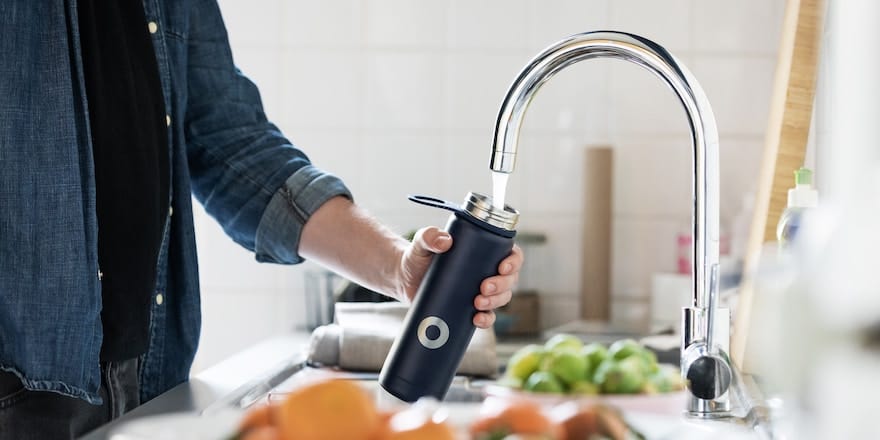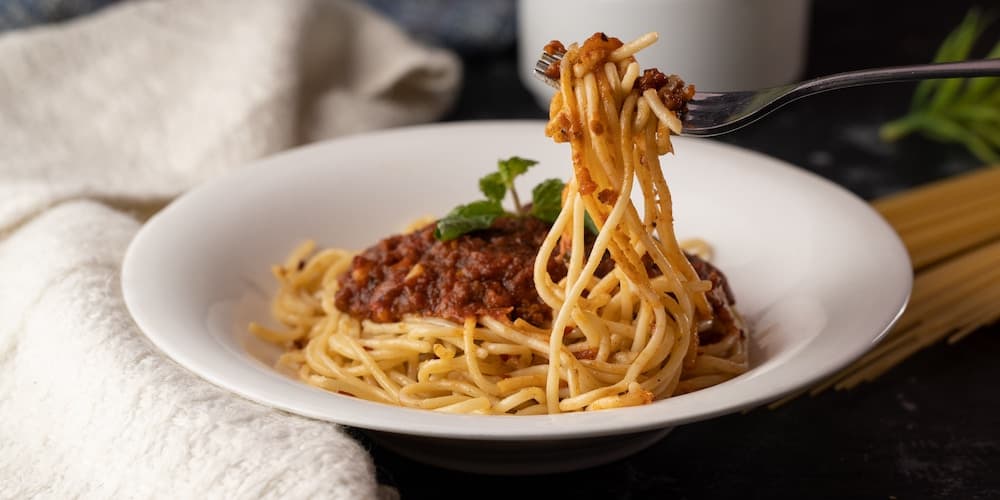Doctors and dietitians recommend low-residue diets for certain medical conditions. The goal is to reduce the amount and frequency of stools to relieve the intestine.
The low-residue diet indeed helps reduce the elements that are not well digested by the small intestine. These mainly include fibers but also certain fats, celluloses, or proteins, as found in this study.
This diet decreases the workload of the intestine and thus the abdominal pain, cramps, and diarrhea that some people may experience.
The foods to avoid are raw fruits and vegetables, whole grains, nuts, seeds, and legumes. Conversely, the low-residue diet promotes certain types of foods.
1. Meats and Proteins
Among the proteins well tolerated in a low-residue diet, I recommend focusing on chicken, turkey, skinless cooked fish, and eggs, according to your tolerance.
2. Carbohydrates
People following a low-residue diet find that carbohydrates often make up the largest part of their plate.
Be careful, unlike usual recommendations, choose refined carbohydrates to limit fiber. Prefer refined pasta (white), white rice, or white bread.
3. Fruits and Vegetables
Fruits and vegetables are part of the foods to set aside during a low-residue diet.
However, you can try pulp-free fruit juices, fruit compotes without skin or seeds, and cooked and peeled vegetables. Most fibers are removed before ingestion.
4. Dairy Products
For dairy products, I recommend consuming only those with low fat content: skim milk, low-fat yogurts…
In any case, this food group should be limited for good tolerance.
5. Hydration
This is not a food, but you need to pay special attention to this! It is crucial to stay well hydrated, as the low-residue diet can lead to dehydration.
Indeed, a major drawback of this diet is the low fiber content, which can lead to constipation and other nutritional imbalances. I therefore advise you to stay well-hydrated throughout the day.
📚 Read also | The Best Natural Remedies for Constipation
6. Probiotics
Although they are not foods, I include probiotics because they can have a beneficial effect on your microbiota during the low-residue diet.
Indeed, if you have undergone surgery or suffer from an IBD, your intestines and microbiota are under considerable strain.
Accompanying your low-residue diet with probiotics can help restore your gut flora in the long term, as you can read in this study.
📚 Read also | A Pharmacist Selected the Best Probiotics on the Market

Why Are Low-Residue Diets Prescribed?
In Case of Colonoscopy
Several reasons may lead to proposing a low-residue diet to a patient. This can be for the preparation of a medical examination, before a procedure such as a colonoscopy as shown in this study.
The low-residue diet thus helps to empty the colon of residues and make the exploration easier.
In Case of IBD and Digestive Surgery
For patients with IBD (Chronic Inflammatory Bowel Disease), I regularly suggest trying the low-residue diet. Indeed, this exclusion diet (meaning it excludes certain foods) has proven effective, as seen in this study.
Additionally, after digestive surgery, low-residue diets are sometimes recommended to allow for smooth healing and give the intestine less work. People with chronic intestinal diseases follow this diet during flare-ups (acute pain) and then gradually return to a balanced diet.
Always Under Medical Supervision
A residue-free diet should not exceed 7 days. Indeed, it can lead to long-term deficiencies in iron, vitamins, and constipation. I advise resorting to it wisely and under medical supervision to avoid nutritional imbalances.
Sources and Scientific Studies
Douglas L Nguyen, M Mazen Jamal, Emily T Nguyen, Srinivas R Puli, Matthew L Bechtold, 2016. Low-residue versus clear liquid diet before colonoscopy: a meta-analysis of randomized, controlled trials.
Ashley Charlebois, Greg Rosenfeld, Brian Bressler, 2016. The Impact of Dietary Interventions on the Symptoms of Inflammatory Bowel Disease: A Systematic Review.
Aqsa Z. Sorathia, Sufian J. Sorathia, 2023. Low Residue Diet.
Seon-Kyun Kim, Robin B Guevarra, You-Tae Kim, Joongi Kwon, Hyeri Kim, Jae Hyoung Cho, Hyeun Bum Kim, Ju-Hoon Lee, 2019. Role of Probiotics in Human Gut Microbiome-Associated Diseases.



